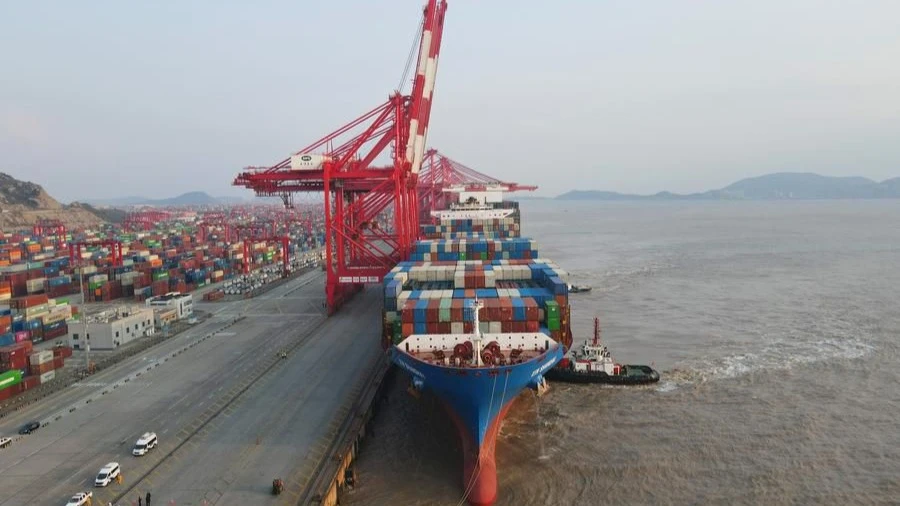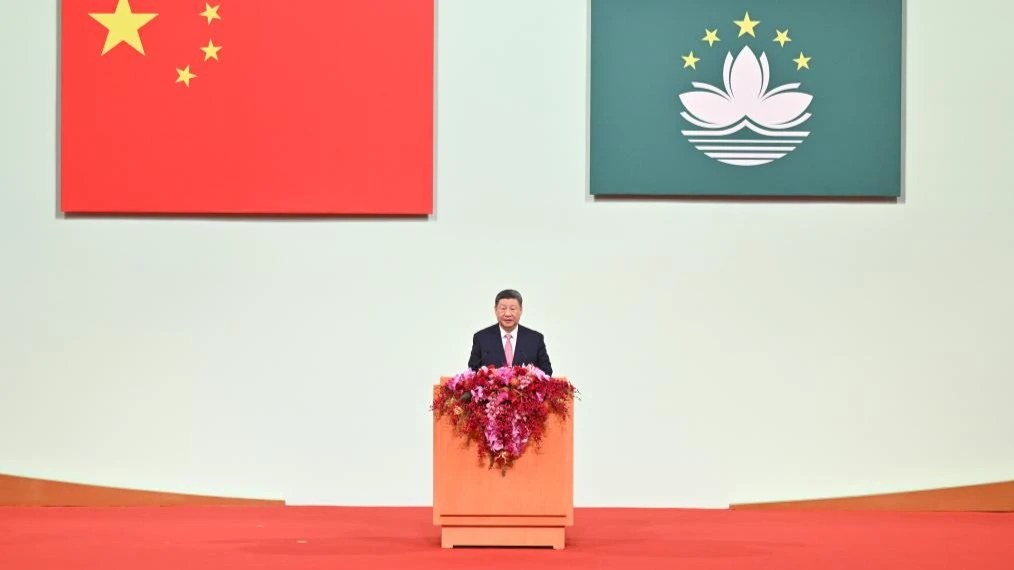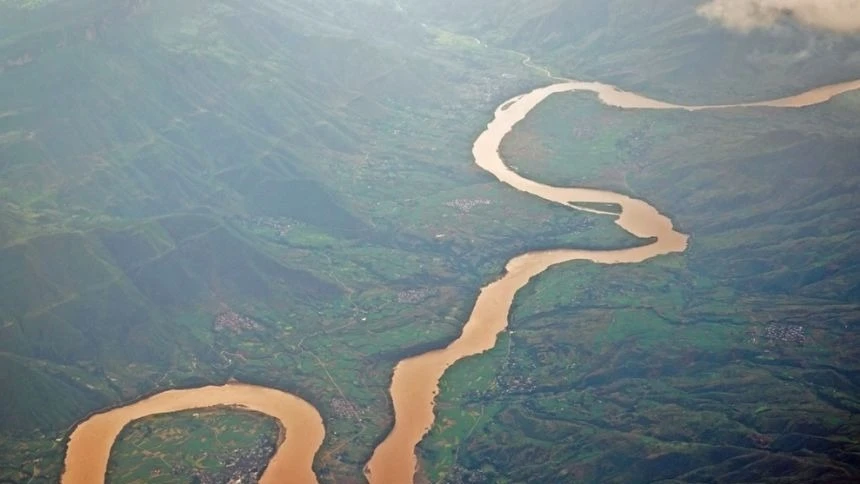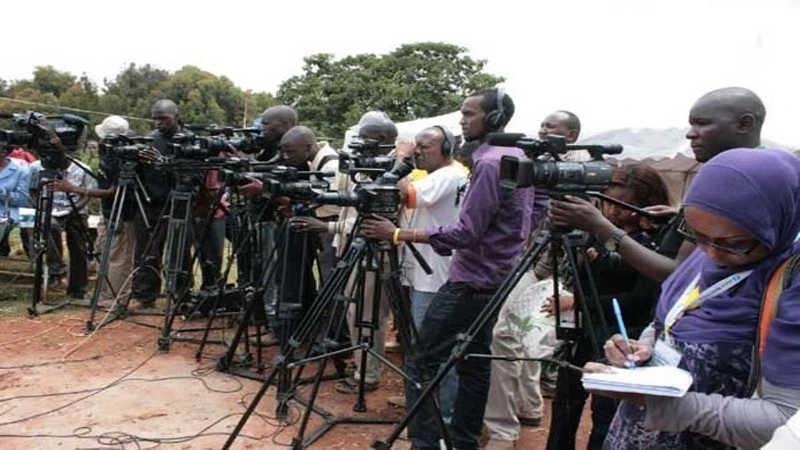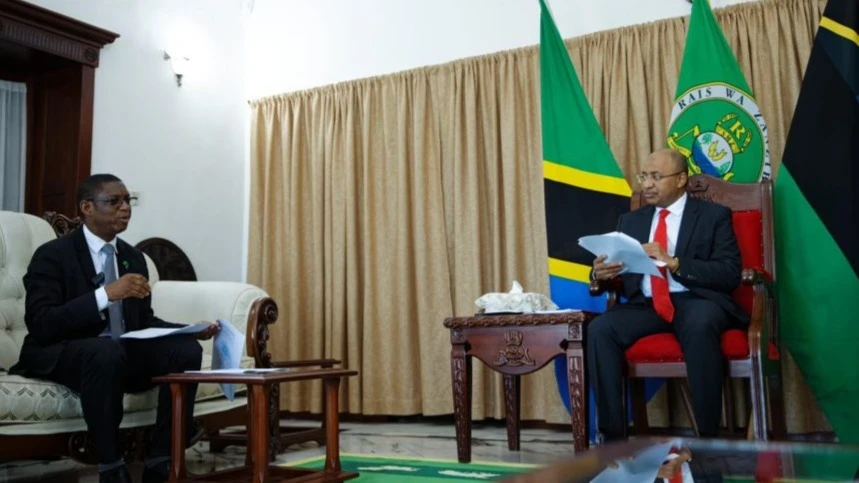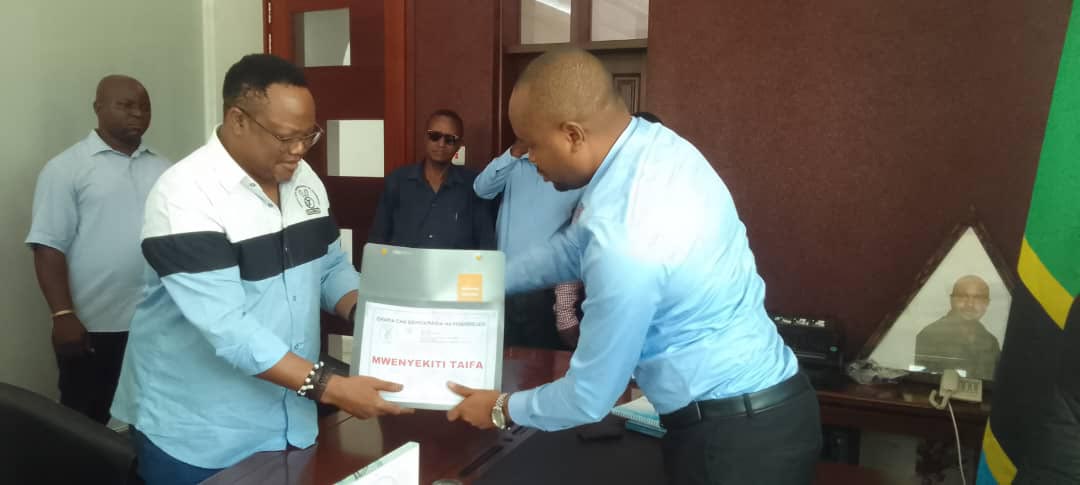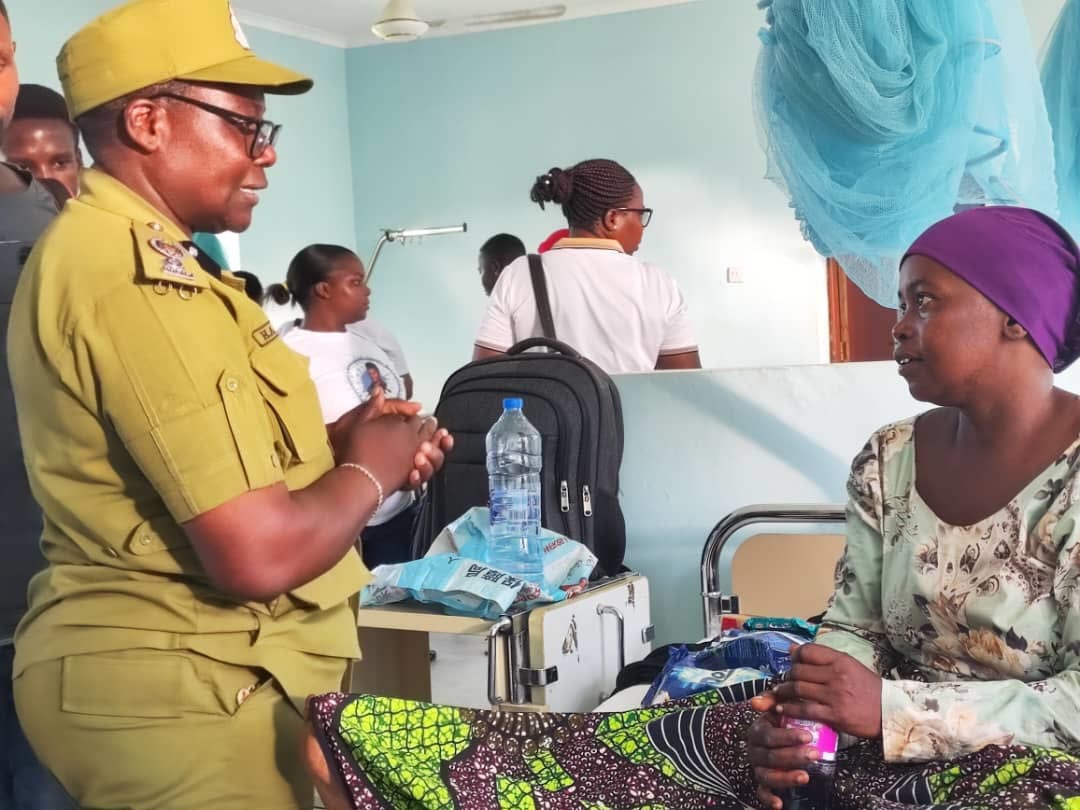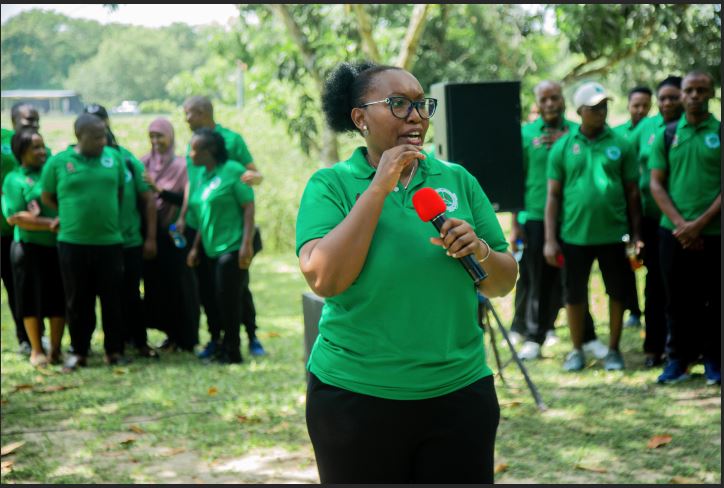Transformative campaign to restore River Rwizi
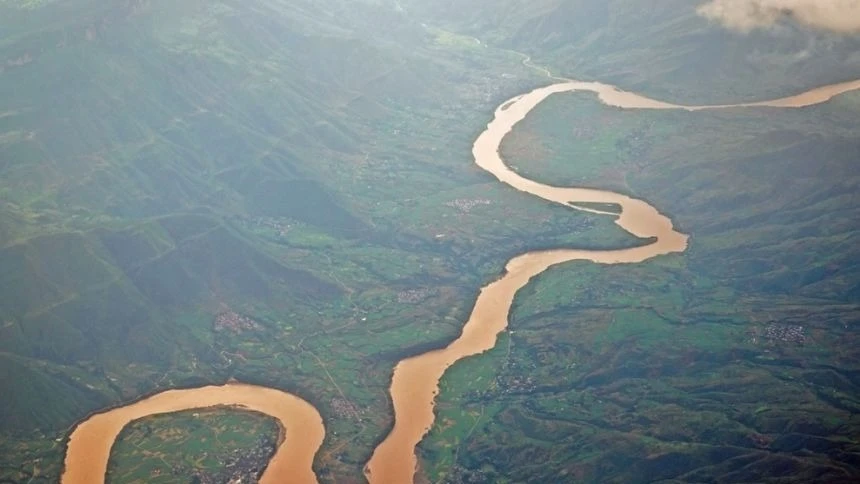
SINCE 2019, Nile Breweries and the World Wide Fund for Nature (WWF) have joined forces in a transformative campaign to restore River Rwizi, a vital water source and landmark in Mbarara city, Uganda.
Once severely degraded by human activity, the river is now on the path to recovery thanks to extensive restoration efforts aimed at stabilising its ecosystem and securing its future for local communities.
The Impact of Human Activity on River Rwizi
River Rwizi’s environmental decline resulted from human interference, including the clearing of vegetation along its banks and the conversion of buffer zones into farmland.
These actions left the river exposed to soil erosion, increased run-off, and waste deposition, leading to rising water levels, eroding riverbanks, and frequent flooding. These changes disrupted the livelihoods of thousands who rely on the river for water, agriculture, and industry.
Restoration Efforts and Progress
WWF’s restoration programme has focused on replanting trees and promoting sustainable land management. Indigenous species like bamboo, mahogany, and musambya, alongside exotic trees like grevillea robusta and muvule, have been planted to stabilise the riverbanks and reduce erosion. Immaculate Kobugabe, WWF’s Rwizi River Project Manager, highlighted efforts such as trench digging and grass planting to reinforce the banks and curb soil loss.
In the nearby Kakigaani region, Rwampara district, nine water-harvesting tanks—each with a 10,000-litre capacity—have been installed, providing over 1,000 households with clean, easily accessible water, thereby reducing pressure on the river and limiting harmful run-off.
Empowering Communities through Sustainable Practices
To further ease the burden on River Rwizi, WWF and Nile Breweries have launched a revolving fund to support local communities in adopting alternative livelihoods. Farmers who once depended on wetland farming have shifted to activities like sheep and goat rearing, beekeeping, and weaving. These sustainable practices have significantly reduced wetland encroachment, protecting vital ecosystems linked to the river.
Addressing Environmental and Economic Challenges
The restoration of River Rwizi has not only tackled environmental issues but also addressed critical socio-economic challenges. In 2022, severe flooding caused by excessive run-off submerged the National Water and Sewerage Corporation pump house in Ruharo, rendering water unusable for both domestic and industrial purposes. Nile Breweries, which relies on the river for its water supply, was similarly impacted, forcing the company to source more expensive water from alternative suppliers.
However, with restoration efforts now in full swing, the river's water quality and quantity have significantly improved. Nile Breweries Managing Director, Adu Rando, praised the progress during the 2024 World Environment Day commemoration, stating, “We have restored the environment around River Rwizi by planting trees along 27 kilometres. This restoration will lead to substantial improvements in water security and quality.”
Tree planting has been a key part of the restoration strategy, particularly the emphasis on bamboo. Bamboo’s deep roots prevent soil erosion and stabilise the riverbanks, reducing sedimentation in the water. As of 2024, the restoration programme has expanded tree coverage to 18 hectares, underscoring its effectiveness in revitalising the river’s ecosystem.
River Rwizi stretches across 13 districts in southwestern Uganda, covering an area of 8,000 square kilometres along its 270-kilometre length. By 2025, WWF and Nile Breweries aim to invest over 2 billion Ugandan shillings in its restoration. The collaborative approach—combining environmental conservation, community empowerment, and sustainable development—has not only revitalised the river but also improved the quality of life for the thousands of people who depend on it.
Top Headlines
© 2024 IPPMEDIA.COM. ALL RIGHTS RESERVED












